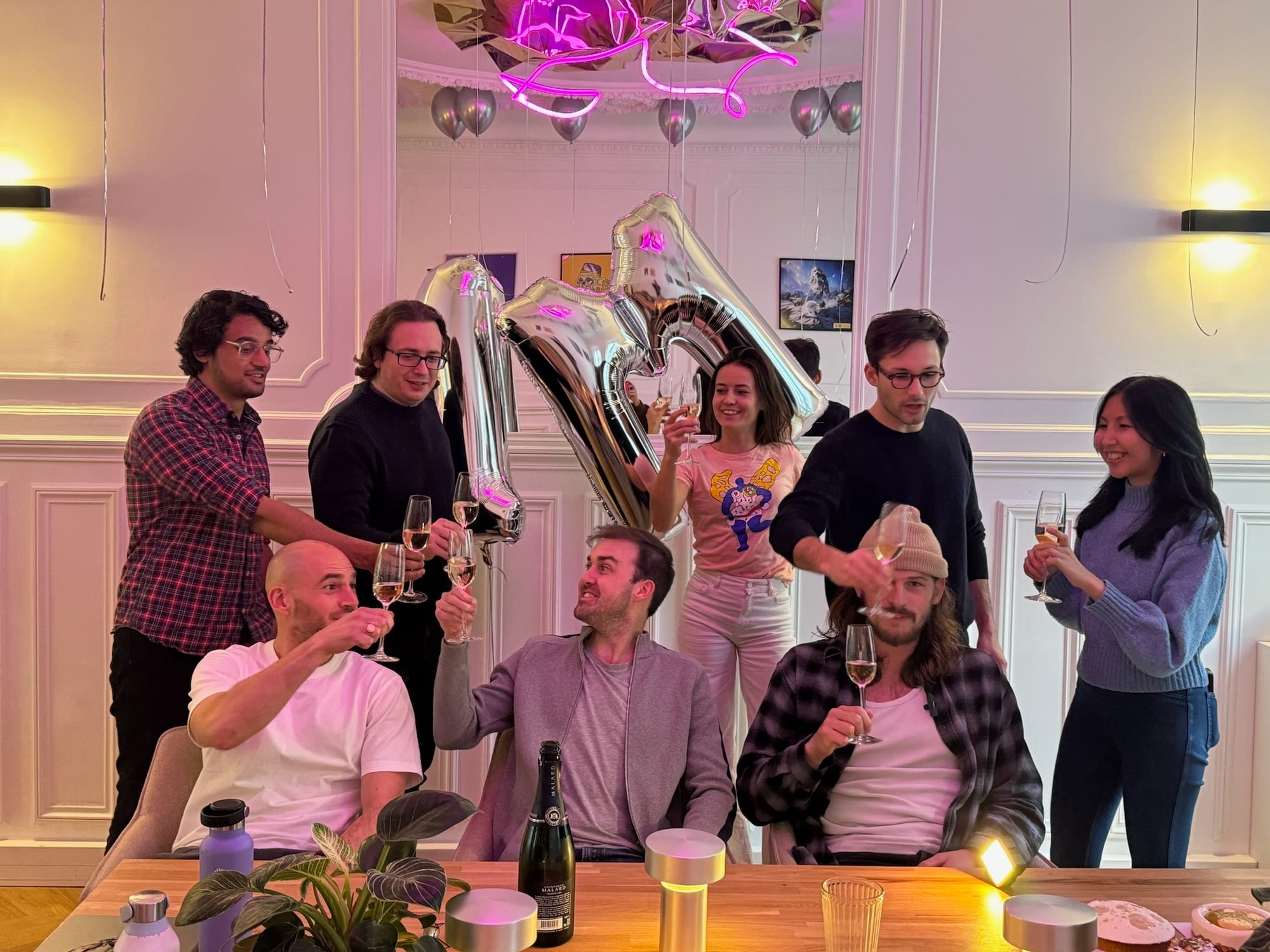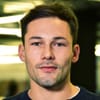Becoming Chief of Staff

Are you sure you want to start all over again?
This sentence is my Roman empire.
My then-boss asked me this question when I told him that I was resigning. Back then, I was double-hatting as the Junior Product Manager for two beauty categories. I was in the middle of a product launch that was expected to deliver double-digit growth. I also had just pitched a massive strategy shift to country leadership.
I just felt that there was something missing from what I was doing. I felt that I was getting too comfortable inside my corporate bubble.
When he asked me that question, I said 'yes' without taking a second to think. I had thought two steps ahead. I had already booked a one-way flight to Paris to pursue my masters degree.
Living the question is an entirely different story. Migrating halfway across the world and living alone for the first time demonstrated “you don't know what you don't know.”
But, I've also realized that there's a second part of that statement. You don't know what you don't know - embrace it.
Embracing what I didn't know led me to deep dive into what was "missing" from what I was doing. It's what led me to saying 'yes' to different projects and opportunities, until I discovered that I wanted to be involved in the world of startups and venture capital.
It's precisely what led me to this Chief of Staff role at Zealy.
One of my mentors once told me, "sometimes, at work, you're asked to wear a shirt that's two sizes too big, because your team has faith that you'll grow into it."
Funnily enough, I did receive a Zealy hoodie that's at least two sizes too big 😅 So as you can imagine, that statement never felt truer at Zealy.
In my first week, I was already asked to take over hiring for a Senior Software Engineer - with zero experience.
Here’s how I grew from 0 to 1.
Learning from the best.
The previous Chief of Staff, Victor, who is an expert at spotting talents, patiently walked me through the entire hiring process. Victor answered all my stupid questions and encouraged me to shadow him through the entire process.
- We set aside 1-hour sessions to hunt for talents together on LinkedIn, where we would have discussions on what to look for and what those experiences could signal.
- I shadowed some of his calls, where I focused on listening for the type of questions and follow-ups he asked. We had debriefs on how candidates answered and my observations.
Learning from doing.
At the start, I mimicked what the previous Chief of Staff did, and I slowly iterated on his processes, figuring out what worked best for me. For example, I tweaked my pitch on what Zealy does, so that I could explain it in my own words.
- I created my personal reference of “Frequently Asked Questions” to gain confidence in responding to candidates.
- So I wouldn’t get overwhelmed, I created a schedule for myself to follow, where I would focus on each specific part of hiring - from hunting to outreach to interviewing.
Learning through feedback.
- I asked some candidates if I could record our conversations, so that I could take notes later on, and so that I could share across my interviews to the founders for advice.
- I have “Daily Hiring Updates” on Slack and I tag the founders on questions that I have on improving the candidate experience.
Through these three methods, I learned my first startup core belief - anyone can learn anything. Everyone has a different approach, but having a systematic way to do so, like what I outlined above, is key to making learning work for you.
Then, from 1 to N.
After learning the basics of hiring, Mathis, our CEO, challenged our ways of working with a simple question - "how can we grow this process at scale?" This simple question allowed us to do things differently.
At Zealy, we've built an outreach machine that we use for sales and hiring.
- We have our bread-and-butter tools, which we’ve learned from working with amazing agencies and freelancers. These tools and outreach methods may be unconventional for in-house startup talent teams, but they’ve provided us with immense value. The best part is that we’ve added our personal and genuine touch to make our outreach stand out to star candidates.
- We're always questioning, testing and learning, experimenting. We spend significant time on experimentation with new approaches, guided by our principle for hunting the best talents across different channels.
This formed my second core belief - build processes uniquely for scale.
What outcomes were we able to drive?
In my first quarter at Zealy, I interviewed over 80 senior technical talents, found new agency partners and onboarded them, and managed an internal hackathon.
In the second quarter, I visited Ericeira, Portugal with the team, launched a customer onboarding newsletter, and interviewed nearly double the number of talents I interviewed in the first quarter.
My third core belief is that there's no one right way to be a Chief of Staff. But, here are the qualities that I have found important to nurture to become one.
- Take full ownership of a project. Obsess over learning the different facets of that project and take a step back to understand its impact to the company and the team.
- Be humble about your areas for improvement and be transparent with your team on your knowledge gaps. Help them, help you.
- Stay curious and be open to learning, particularly learning outside of your own project and your startup’s industry. Our team is made up of readers, and, though I’m traditionally a fiction reader, I’ve pretty much consumed all non-fiction books this year on entrepreneurship & productivity.
Lastly, the road to becoming a Chief of Staff shouldn’t be a lonely one. For the past six months, I’ve gathered inspiration and energy from an incredible team. And, from the very start, I was given trust and full ownership over my projects because the team had faith that I could grow into my role and grow outwardly, shaping the company itself too.

